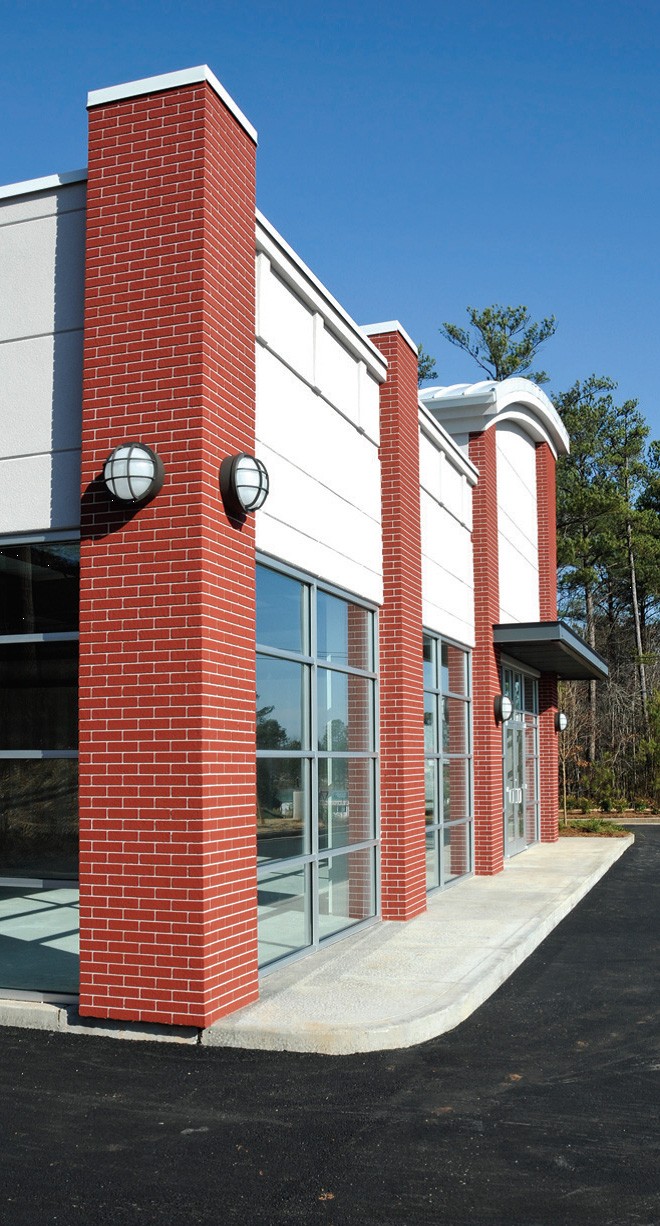Your step-by-step guide to investing in commercial property.
By admin | 29 Aug 2016
We quite often receive enquiries in relation to investing in commercial property. It is not for everyone, so here is a quick guide to let you consider if it may be a suitable investment source for you. Much has been written about residential property investment but the area of non-residential property (commercial property) is relatively unknown to the average property investor.
Most investors feel comfortable with investing in residential property as they are familiar with it – whether it is a house, unit or apartment. A lot of people have also had to rent a property at some stage so have some knowledge of residential property investment, albeit from the tenant’s perspective. Commercial property, on the other hand, is not as well known.
If you do not deal with the day-to-day matters of running a business from a commercial building, most people are unfamiliar with the terms and conditions of commercial leases, GST implications and who is responsible for the outgoings (expenses) of the building. The purpose of this article is to provide readers with a brief insight to the world of commercial (non-residential) property investment.
Commercial property comes in three main forms, office, retail, industrial property. Investing in commercial property is quite different to residential property.
Return – Residential property investment is relatively low risk and as a consequence, low return. Commercial property has a higher return but this comes at a higher risk. For example, a flat or unit will average a return of 5 per cent whereas industrial property, such as a warehouse, may average 8 per cent.
Risk – The higher risk comes in the form of higher vacancy rates. Let’s use the warehouse example. It could take a while to find a new tenant for the warehouse, many months and possibly more than a year. Conversely, finding a new tenant for your residential property will take generally a week or two.
Duration of leases – Residential leases tend to be for six or 12 months. However, commercial property leases are generally for a much longer period of time. It is not uncommon to have leases that are for an initial five-year period, with the option to renew for another five years.
Quality of tenant – The tenant is obviously a crucial part of your property investment. In commercial property, a government or large corporate tenant is considered a ‘blue chip’ tenant. They are likely to rent your property for a long period of time and are unlikely to default on the rent.
Economic performance – As in any form of property investment, the economy is vital to your financial health. At the moment with consumer and business confidence at all-time lows, there are many businesses that have to close. If your building has one of these businesses as a sole tenant, you could face some very hard times. On the other hand, residential property is fairly resilient when it comes to the economy. The worst that may happen is that it takes an extra week or two to find a tenant or you may have to drop your asking rent by $5 or $10 per week.
High cost of entry – Buying commercial property is often much more expensive than buying residential property. CBD office or retail space is generally the most expensive space, due to its locality. Industrial property on the outskirts of the city can also be expensive due to size of the property being purchased. Costs, however, can minimised by purchasing smaller strata title premises.
Categories
Free Consultation
Book Your FREEConsulation
 AAA Mortgage Solutions Australian Credit Licence Number: 385791 © 2020 All Rights Reserved.
Terms of Use.
Privacy Policy.
Internal Dispute Resolution Process.
Site Map.
AAA Mortgage Solutions Australian Credit Licence Number: 385791 © 2020 All Rights Reserved.
Terms of Use.
Privacy Policy.
Internal Dispute Resolution Process.
Site Map.




